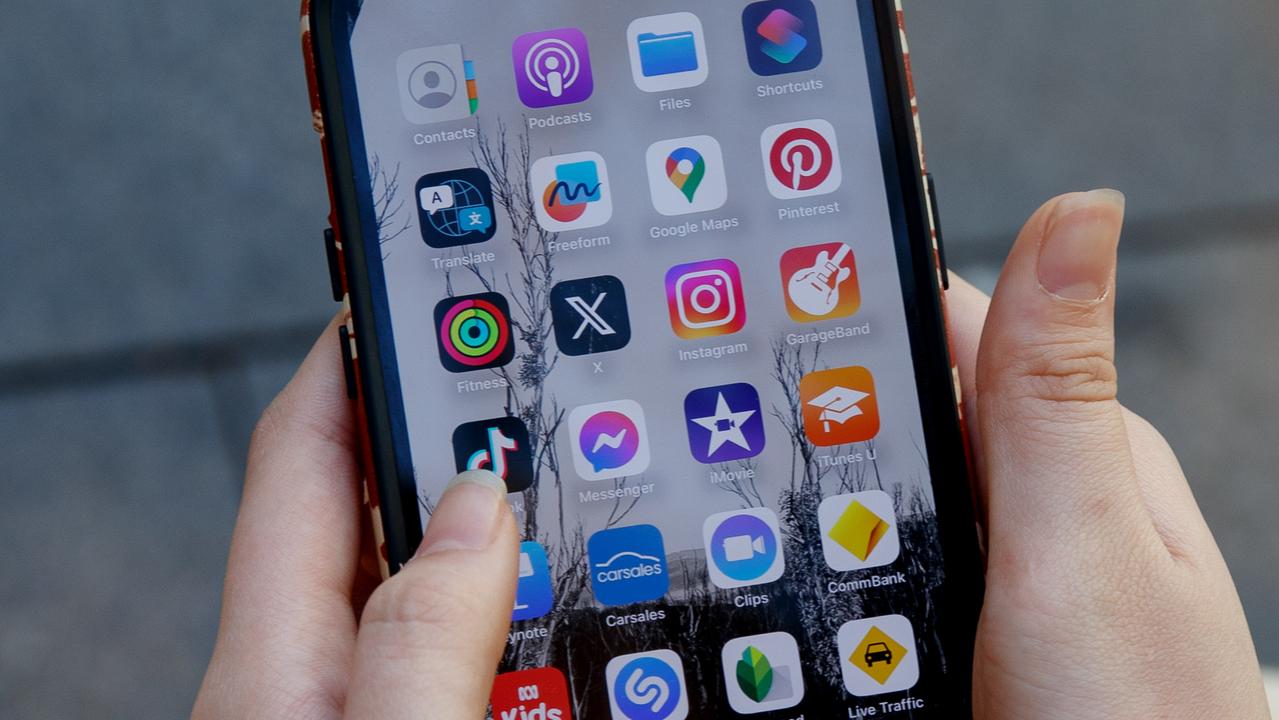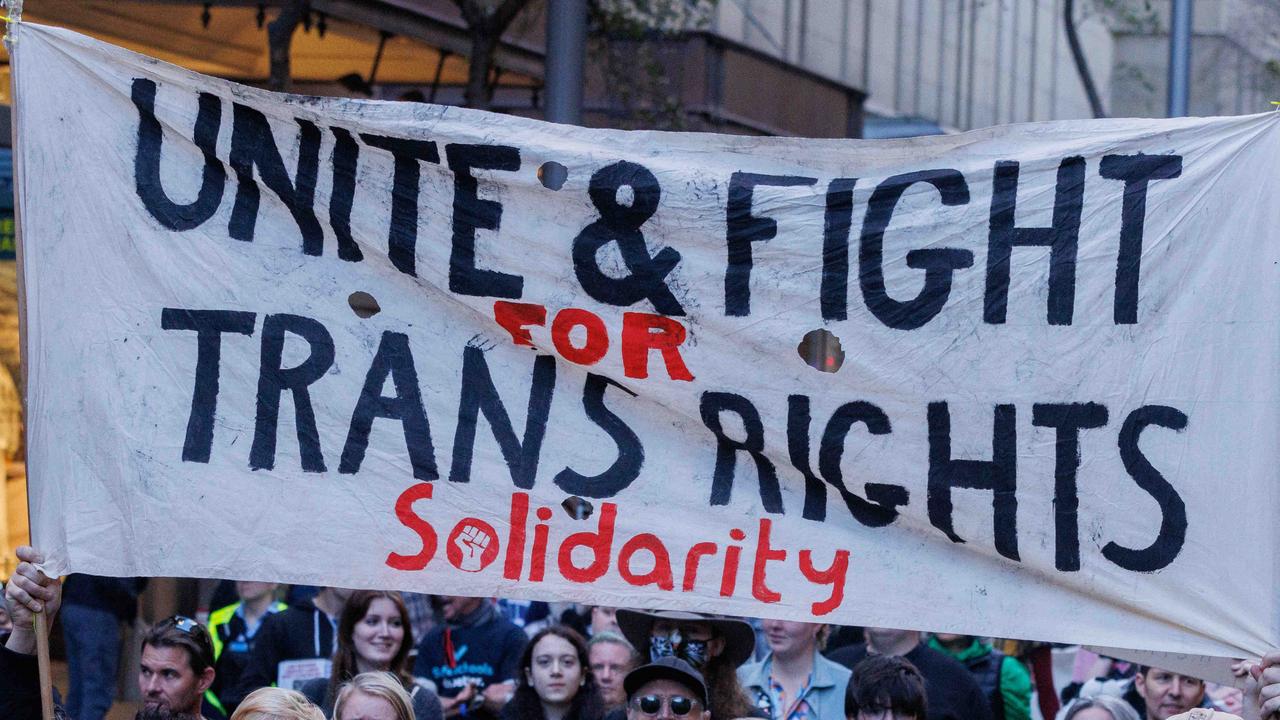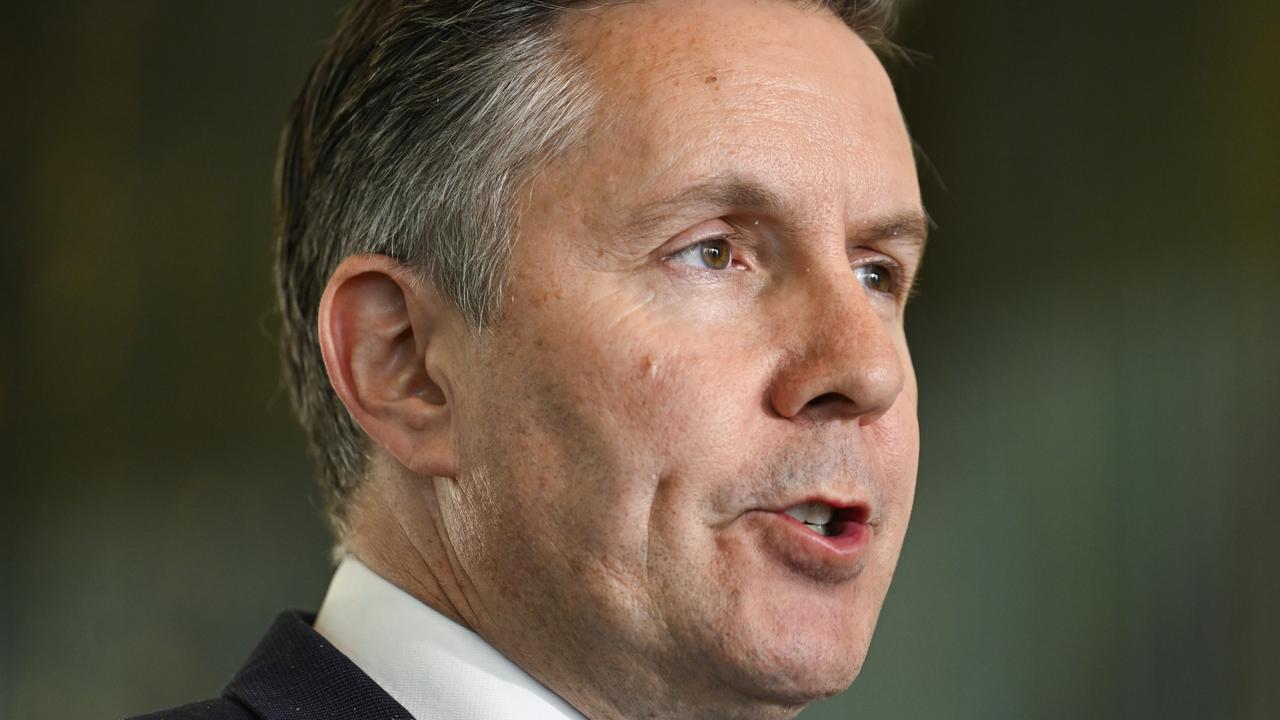Why backpacking around Africa helped my autistic son
SIX months living out of a backpack in Africa would test most people. But for 14-year-old Sam, it was truly life-changing.

MY YOUNGEST son, Sam, was diagnosed, aged three, with autism over thirteen years ago now.
Traditionally most of research and energy around autism has focused on early intervention, tapping into the window of opportunity that early childhood presents. Unfortunately, there’s been much less focus on older children and adults. This is a shame, because as has been said, autism is a marathon not a sprint.
When Sam reached the age of fourteen, my wife and I decided we wanted to try and push him in an intense and novel way, by taking him backpacking in Africa. However, we did so for reasons that had nothing to do with Africa itself. It was an idea that organically evolved from a myriad of different influences.
Firstly, there was my wife, Benison O’Reilly. As the co-author of the Australian Autism Handbook, she was across all the research in autism, in touch with the latest thinking and theorising about how to best support people on the spectrum.
Also, my background. Working as a family doctor whose practice was dominated by children with autism gave me some unique insights. Like many parents in the same situation, I’d become used to dealing with the day-to-day challenges that autism presents.
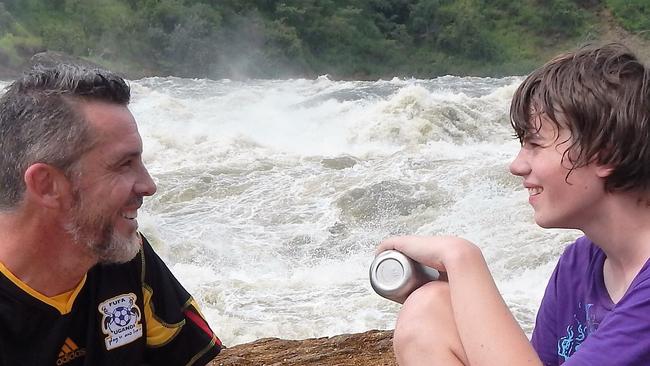
I was used to pushing Sam, challenging him to do things that were just outside his skill base, nudging him. I knew this was what he needed, but the time available to do this was limited, restricted by the hours spent at school and work.
There was also Sam’s age. He was approaching adolescence, where, in a similar manner to early childhood, the brain’s neurons go through a growth spurt of connectivity and change, all the while being washed with a range of hormones and growth factors. A neurological “second spring”.
We saw an opportunity. Sam had been dealt a hand of cards that presented some serious challenges, but we were determined for him to get the most out of those cards.
It was, we felt, Sam’s best shot. It also just felt right. Our theorising, based on what is known about autism and adolescence but based more on gut instinct than scientific evidence, was that prolonged exposure to uncertainty would improve Sam’s communication, social and life skills.
It was then that Africa came into the picture. We went looking for uncertainty and this is where we found it, but it could have been somewhere else, in another location, time frame or mode of delivery.
There were costs to be reckoned apart from those associated with the journey: no income, leaving behind Benison and Sam’s older brothers, as well as other family and friends. For Sam, six months off school.
There were also risks to consider: diseases, getting lost, getting injured, or even this exposure harming Sam is some way. It was hard to walk through airport departure gates, and it was hard for Benison to let us go.
Suddenly we were in Cape Town. Sam and I spent six months travelling rough, backpacking through southern and eastern Africa, ten countries in all. Uncertainty delivered on a plate. From the moment we arrived, Sam’s stress levels skyrocketed, as did mine. It took time, but we both started to learn.
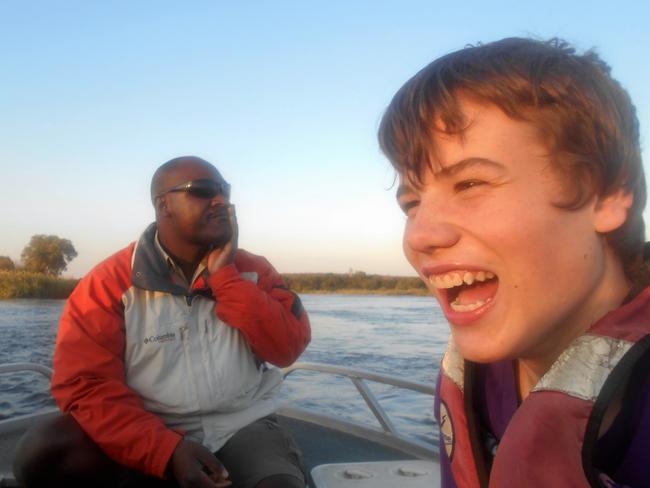
Early on, Sam would continually request to go back to Australia. He even tried to abscond a couple of times. These were dark days and I sometimes wondered whether we should call it quits.
At one point, in a Namibian game park, when I couldn’t find him for 15 minutes, I worried that he had taken off through the gate and into lion country. The terrifying experience was brought to an end when we found him in the loo.
We journeyed on, northward and eastwards, past Victoria Falls and into parts of Africa less frequented by tourists. Conversations with Dutch and German backpackers were replaced with ones with the locals, where Sam’s conversation partner had a thick African accent and came from a culture far more alien to the one he’d left behind in Australia.
We became more seasoned and used to the uncertainty, spending much of our time lost, but less worried about being lost. Going with the flow.
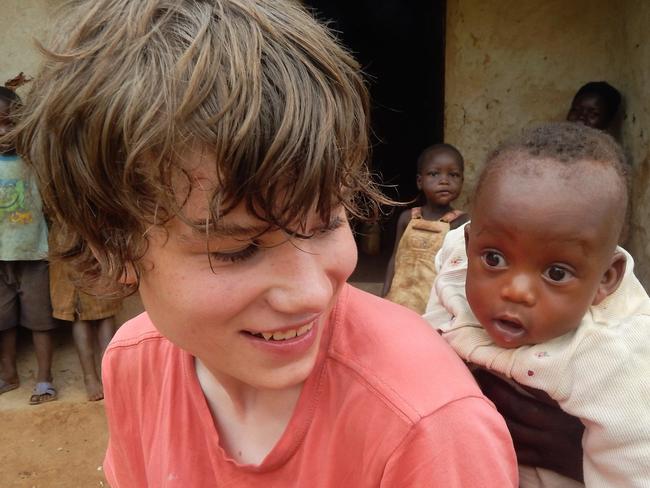
Local buses crammed with locals; chickens, goats and children on the roads; crazy chaotic marketplaces and hitching on the back of wheat trucks.
The African tempo, the relaxed and accepting nature of the people of Africa, the extraordinary landscape and fauna, it all became infectious. We also faced unexpected challenges — becoming marooned on the Malawi/Mozambique border without a visa, getting robbed, getting sick.
Over the months, Sam adjusted to the challenges we encountered. While I was fading with exhaustion and homesickness, Sam’s dependency on me slowly ebbed away. He calmed down.
Our journey was tracked by Dr David Trembath from Griffith University, using video footage filmed on the road, shipped back home (a story in itself in Africa) and independently assessed.

An academic paper is in the works and hopefully will add to the body of research around autism.
While Sam was still on the road, Benison, ever-the-autism-student came across a new book, Uniquely Human: A different way of seeing autism, by US autism expert Dr Barry Prizant, a veteran with over forty years in the field. In it he says:
In my experience, the best thing parents and educators can do for a child with autism is to get the child out into the world — with the appropriate supports. Of course that’s true of all children, not just those with autism: the children who progress the most, who develop to their fullest potential, are those who are exposed to a variety of experiences.
Maybe we were on to something after all. I’ve included that quote at the beginning of the book of our travels, Sam’s Best Shot.
Still, I worry that somehow people will interpret what we did as some sort of new benchmark. That was never our intention. It was a new concept — challenging the conventional wisdom that people on the spectrum can’t cope with change. And I hope it will serve as an inspiration. But every person with autism and his or her family needs to find their own way to navigate life.
Having a child with non-verbal autism and severe behavioural disturbances will present vastly different challenges to those we’ve been served up with Sam. Every person with a disability, and the families who support them, will have a different set of skills and resources to fall back on.
We all have our own unique hand-of-cards, and we should just try to play them to the best of our ability.
Sam’s Best Shot by Dr James Best is published by Allen & Unwin, available from 26th July 2017, RRP $32.99

